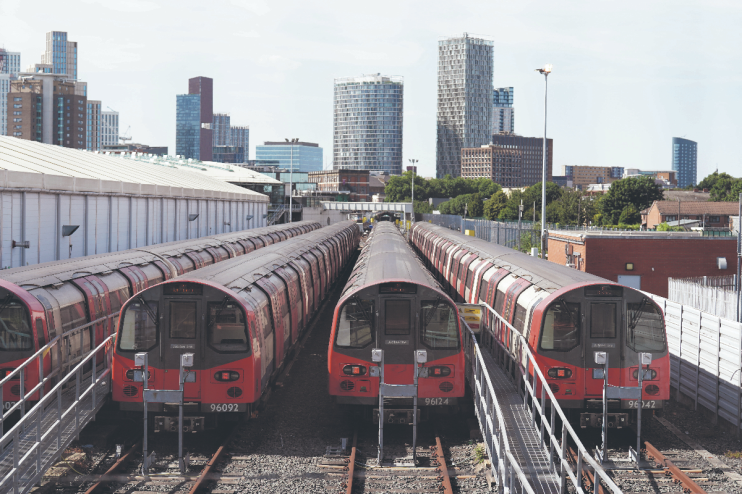Transport for London hits £138m operating surplus but investment in upgrades falls

Transport for London (TfL) hit an operating surplus of £138m in the last financial year but investment in its network dipped amid a dearth in government funding.
In its financial report covering March 2023 to April 2024, TfL said capital enhancement had fallen from £1.36bn to £1.25bn year-on-year over what marked the first period it has operated without Covid-era grant funding from government.
The fall in investment came despite passenger journeys seeing “significant growth” on Tube and rail and ridership on the Elizabeth Line reaching 700,000 journeys per weekday. Passenger income rose by almost £300m when compared with 2022/23.
London’s transport operator has faced a cash crunch ever since the pandemic decimated passenger and commuter numbers on the tube.
Journeys have recovered since but are still at 88 per cent of pre-pandemic levels and the body has relied on over £6bn in government bailouts since 2019.
It received another £250m in December but has called on government repeatedly for a longer-term capital funding settlement, to no avail.
Key government infrastructure advisers from the National Infrastructure Commission warned in May the £250m injection was a “sticking plaster” and would “not be sufficient” in the long run.
Despite hitting an operating surplus, TfL argues it needs the extra money to fund a slew of critical upgrades across its network.
Trains on the Bakerloo Line are more than 50 years old and over a decade past their use date, prompting campaigners to warn of a possible “critical failure” on the route.
The Central Line, meanwhile, has been forced to introduce an emergency timetable while at points running with far less trains than it needs for a peak service. Other projects, such as the £30-40bn Crossrail 2, are out of the picture until the funding issues are resolved.
TfL did note an almost £300m increase in investment in major rolling stock and signalling projects on last year, with £90m put into DLR trains.
However, it said it had increased short-term borrowing to manage cash and liquidity issues. Some £245m of the government’s £250m funding package has been delivered, which has helped defer some borrowing into 2024/25.